Healthcare technology is playing a pivotal role in the Thailand healthcare transformation, marking a significant shift in how medical services are delivered and managed across the nation. As Thailand strives to enhance the efficiency, accessibility, and quality of its healthcare systems, innovative technological solutions are at the forefront of this change. From telemedicine and electronic health records to AI-driven diagnostics and treatment, technology is reshaping the Thai healthcare landscape, offering new opportunities for both providers and patients. This article delves into the various aspects of healthcare technology in Thailand and its profound impact on transforming the country’s healthcare systems.
Telemedicine: Bridging the Urban-Rural Divide
Telemedicine has emerged as a key technology in Thailand, particularly in bridging the gap between urban and rural healthcare services. By enabling remote consultations, diagnostics, and treatment, telemedicine has made healthcare more accessible to Thailand’s remote and underserved populations. This is especially critical in a country where geographical disparities can significantly impact healthcare accessibility. Through telemedicine, patients in rural areas can receive timely medical advice and follow-ups, reducing the need for long-distance travel and ensuring continuity of care.
Electronic Health Records (EHRs): Enhancing Patient Care
The adoption of Electronic Health Records (EHRs) is another cornerstone of Thailand’s healthcare transformation. EHRs provide a comprehensive and integrated view of patient information, enabling healthcare providers to make more informed decisions and deliver personalized care. The transition to digital records also facilitates easier sharing of information among healthcare professionals, improving collaboration and efficiency in patient management. For patients, EHRs mean better care continuity, reduced medical errors, and enhanced privacy and security of their medical information.
Artificial Intelligence and Machine Learning
Artificial Intelligence (AI) and Machine Learning (ML) technologies are revolutionizing diagnostic and treatment processes in Thailand. AI-driven systems are being used to analyze medical imaging, predict patient outcomes, and even assist in surgical procedures, offering levels of precision and efficiency previously unattainable. These technologies not only improve the accuracy of diagnostics and treatments but also significantly reduce the workload on healthcare professionals, allowing them to focus on more critical aspects of patient care.
Wearable Devices and Health Monitoring
The rise of wearable health devices and mobile health applications is empowering Thai citizens to take a more active role in managing their health. These technologies enable continuous monitoring of vital signs, physical activity, and other health indicators, providing valuable data for both individuals and their healthcare providers. This shift towards preventive healthcare and personal health management is a key component of Thailand’s healthcare transformation, promoting healthier lifestyles and early detection of health issues.
Challenges and Future Directions
Despite the promising advancements, the integration of technology in Thailand’s healthcare system faces several challenges. These include ensuring the interoperability of digital systems, protecting patient data privacy, and addressing the digital divide that may limit access to technology-based healthcare solutions for some segments of the population. Moving forward, addressing these challenges will be crucial for realizing the full potential of healthcare technology in Thailand.
Conclusion
The integration of technology is fundamentally transforming healthcare systems in Thailand, making services more accessible, efficient, and personalized. As Thailand continues on its path of healthcare transformation, the focus on innovative technological solutions is set to further enhance the quality of care and patient outcomes. By overcoming current challenges and continuing to invest in healthcare technology, Thailand is well-positioned to become a model for healthcare innovation in the region.
Source: Market Research Thailand

